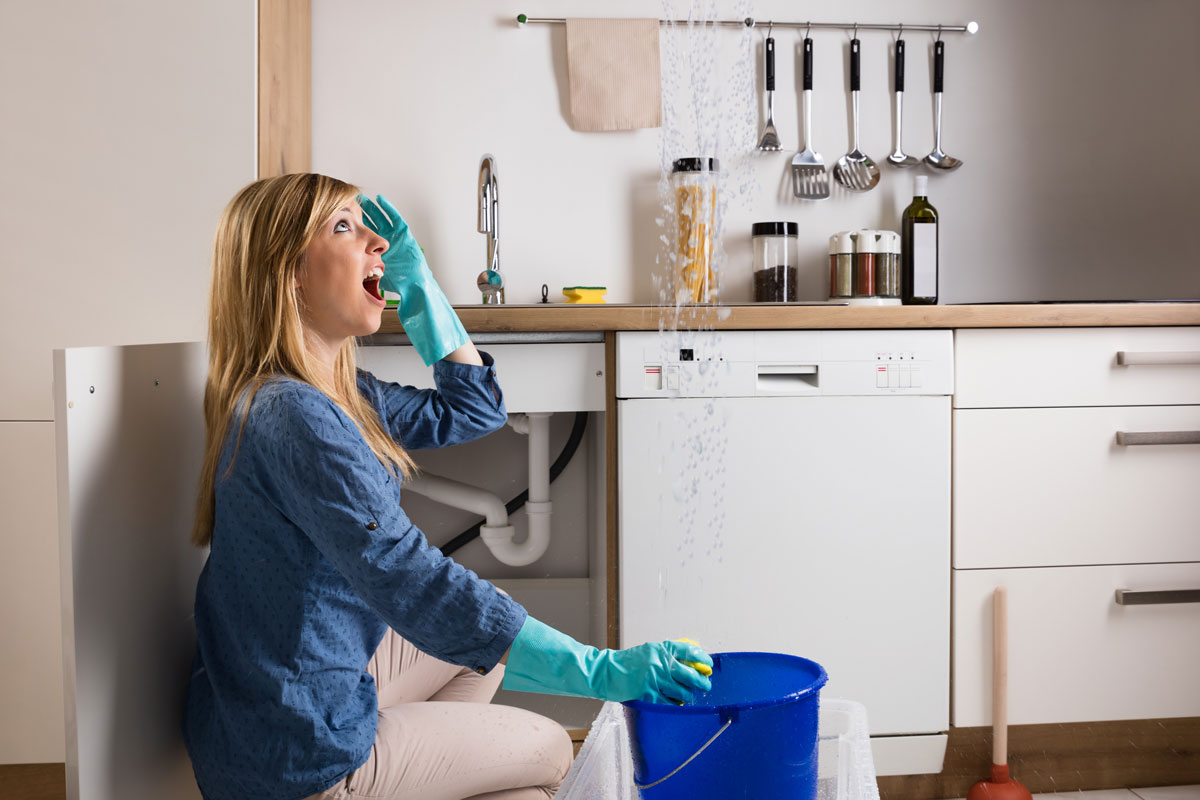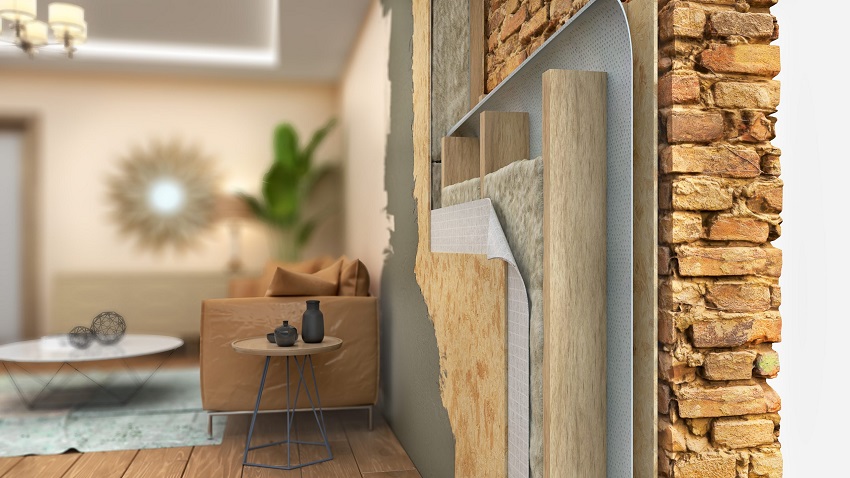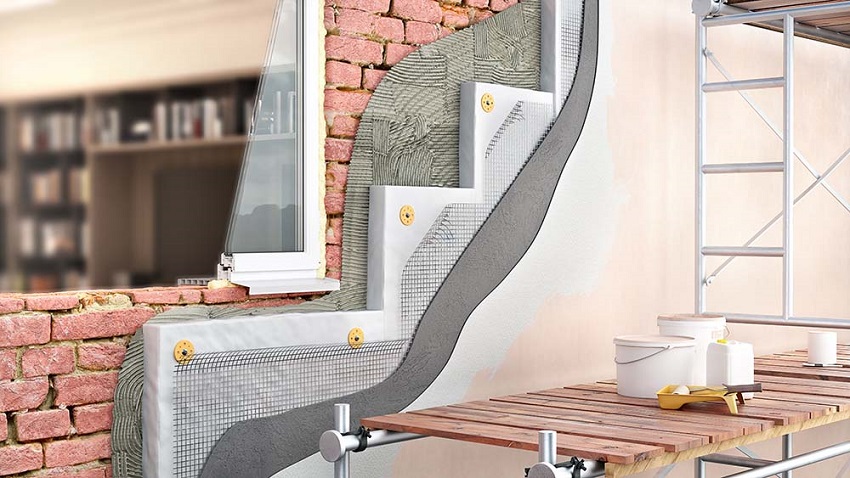Plumbing system is necessary for all types of buildings, be it residential or commercial. The right type of plumbing work can handle all issues before getting out of control. Professional plumbers at rørleggerstavanger.no can treat all problems regarding leaking and water damage. Without proper plumbing work, your home or commercial establishment will be in serious danger.
Importance of professional plumbing work
Efficient plumbing work is something you need on regular basis. This is why you should hire professional plumbing company. Professional plumbers can save the day if they detect plumbing issues early. Complex plumbing issues can cause severe damages, which will cost much money to repair.
A professional plumber understands perfectly the needs of each unit and each plumbing system. For example, a big house will have different requirements than a commercial place. So, you can count on their ability to provide customized repairing services. Efficient plumbing work can improve the convenience of everyone in your house. Plumbing work will ensure that everyone is using bathrooms and kitchens easily and effortlessly.
A professional plumber won’t waste your time and money. These professionals can repair all issues quickly and efficiently. They won’t overwhelm you with details and issues. They can actually work quietly without affecting your daily routine.
Hiring a plumber vs. DIY
Many people are enthusiasts for DIY tasks at their homes. They believe it is more convenient and less hassling. They also think about the cost. It is good to know how to handle a minor plumbing issues even if it is for temporarily basis. However, in the most cases a professional plumber can save you from serious disasters that could damage your property. In many cases, DIY work can make things worse, as it is a result of amateur work. So, it is safer to choose a professional plumber.
 What can a professional plumber do for you?
A professional plumber is someone who is trained and quailed to perform various plumbing tasks. They also carry proper licences. They can handle clogged sinks and toilets, which is something you won’t be fond of doing. Professional plumbers can help you no matter how minor or severe a situation is. However, it is always better to contact a professional plumber before things get to the worse level. It is a good move to call your plumber when you spot the vest first signs of a problem.
Here are some of the situations where you plumber can help you:
What can a professional plumber do for you?
A professional plumber is someone who is trained and quailed to perform various plumbing tasks. They also carry proper licences. They can handle clogged sinks and toilets, which is something you won’t be fond of doing. Professional plumbers can help you no matter how minor or severe a situation is. However, it is always better to contact a professional plumber before things get to the worse level. It is a good move to call your plumber when you spot the vest first signs of a problem.
Here are some of the situations where you plumber can help you:
 What can a professional plumber do for you?
A professional plumber is someone who is trained and quailed to perform various plumbing tasks. They also carry proper licences. They can handle clogged sinks and toilets, which is something you won’t be fond of doing. Professional plumbers can help you no matter how minor or severe a situation is. However, it is always better to contact a professional plumber before things get to the worse level. It is a good move to call your plumber when you spot the vest first signs of a problem.
Here are some of the situations where you plumber can help you:
What can a professional plumber do for you?
A professional plumber is someone who is trained and quailed to perform various plumbing tasks. They also carry proper licences. They can handle clogged sinks and toilets, which is something you won’t be fond of doing. Professional plumbers can help you no matter how minor or severe a situation is. However, it is always better to contact a professional plumber before things get to the worse level. It is a good move to call your plumber when you spot the vest first signs of a problem.
Here are some of the situations where you plumber can help you:
- Leaking in pipes
- Water in the basement
- Your drain is running slowly
- You can count on them in case of emergencies
- They are equipped with modern tools
- You can receive a good collection of services
- You will find total peace of mind


